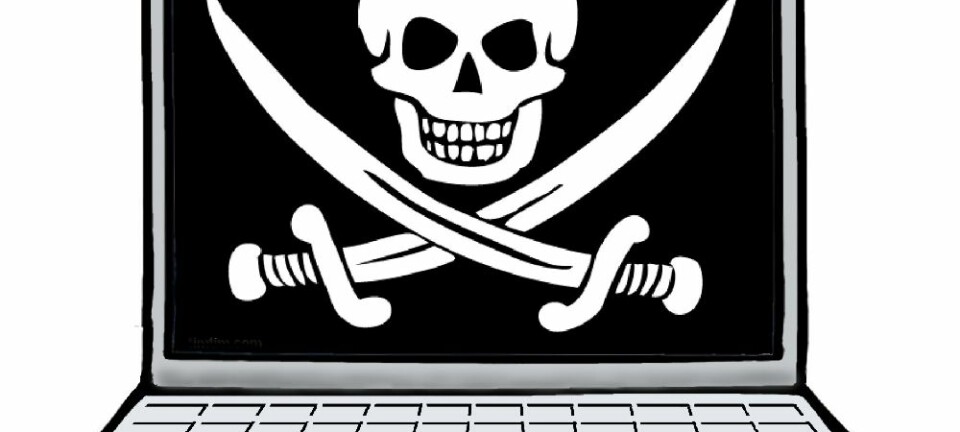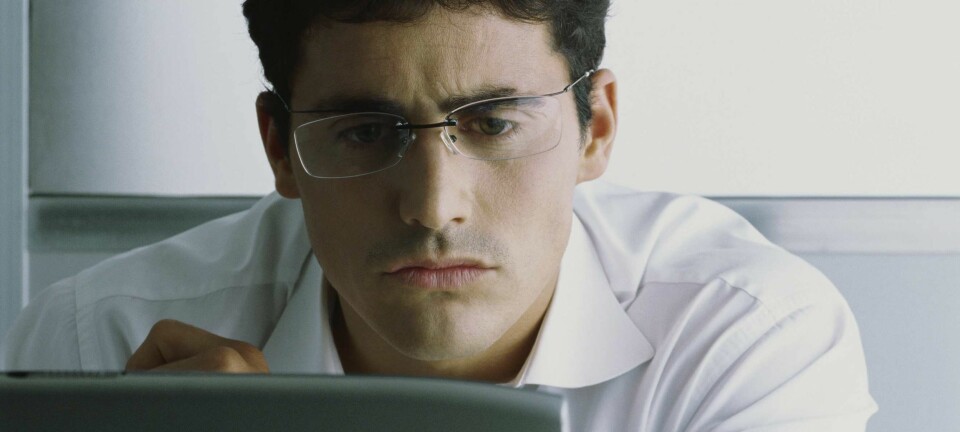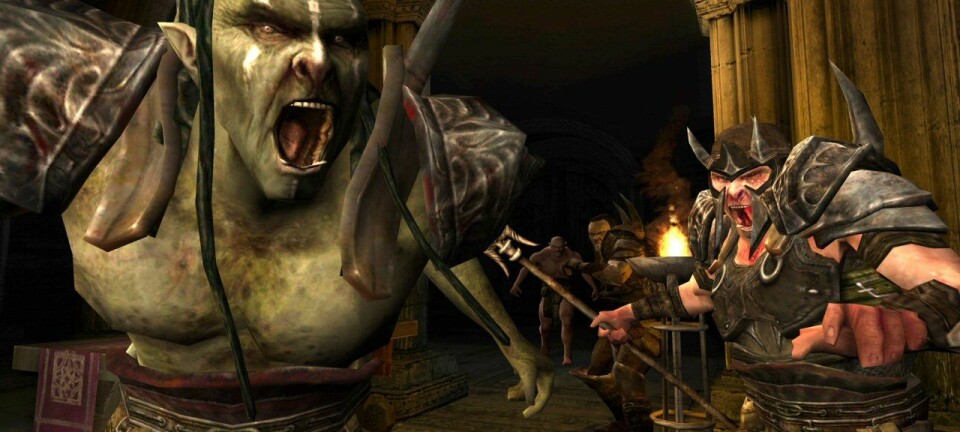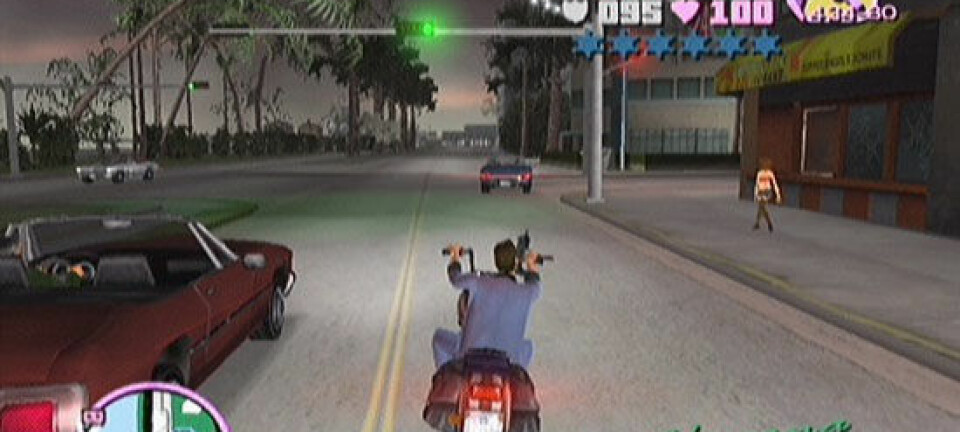
Double standards for the internet hurt users
Western politicians praise the internet as a tool in the fight against authoritarian regimes – so why do they limit access to the web by registering users and censoring content?
Politicians in the west have double standards when it comes to protecting internet users’ rights.
On the one hand they praise the internet as an important tool in the fight against authoritarian regimes and as a vital element in free and democratic societies.
But on the other hand, says a researcher in the field of information and communication technology and human rights, these politicians are taking steps to introduce laws and directives in the USA and the EU that actually limit the civic rights and liberties of internet users.
“These double standards show that there is still disagreement about what the internet actually is and how we should relate to it,” says Rikke Frank Jørgensen, a senior adviser and PhD fellow at the Danish Institute for Human Rights. “There’s no common ‘highway code’ for the rules that should apply to the internet and for how these rules can be policed without constraining users’ civic rights and liberties.”
Confused perceptions of the internet
There’s no common ‘highway code’ for the rules that should apply to the internet and for how these rules can be policed without constraining users’ civic rights and liberties.
Jørgensen describes the confusion about the internet’s democratic importance in her PhD thesis, ‘Framing the Net – How Discourse Shapes Law and Culture’.
The researcher says the political double standards about the rules applying to the internet arise because we all perceive and discuss the internet on our own terms – independent of who we are and which interests we have.
The internet is perceived as:
- A technical infrastructure that makes it possible to communicate and share informational globally
- A public sphere, where political thoughts can be generated and debated, and where users have the same civic rights and liberties as when they are offline
- An open medium, where everyone can be visible, but where it is necessary to set various age limits (like those used for films) to protect young users
- A completely new cultural element, where users can generate and share knowledge in virtual communities, and which is so different from the physical world that forcing the concept of copyright onto the virtual world is meaningless
That there are so many different perceptions of the internet’s role is not a problem – the confusion arises when people do not realise they are mixing up the perceptions.
“An example of this confusion of perceptions is when politicians praise the democratic importance of the internet while at the same time proposing laws and directives that have the opposite effect,” says Jørgensen.
SOPA, PIPA and Data Retention hurt users
Proposed laws in the USA and an existing directive in the EU restrict internet users’ rights.
Two bills tabled in the US Congress in 2011, the Stop Online Piracy Act (SOPA) and the Preventing Real Online Threats to Economic Creativity and Theft of Intellectual Property Act (PIPA), have been heavily criticised because they give private businesses the right to block and remove content on the internet if users post material for which they do not hold the copyright.
The European Union’s Data Retention Directive has also met massive criticism because private businesses must store information about their users' communications solely for the purpose of future investigation by the police or security agencies.
Dating from 2006, the directive has been implemented by several EU members, including Denmark, while others, such as Germany and Sweden, have refused to implement it. The directive is currently being re-negotiated.
Business control of users ‘problematic’
The trend where private businesses are involved in fighting crime on the internet is often termed ‘self-regulation’ – a concept that normally means a branch of business regulates itself.
“But in terms of the internet this concept is misleading, as it implies that the businesses should regulate the use of the internet by providing information about the users, closing websites or blocking access to certain types of information,” says Jørgensen. “This is problematic, because you’re getting private businesses to implement political decisions – and to do so under limited supervision and responsibility.”
Debate needed now about lawless internet
To avoid regulation that undermines users’ rights, Jørgensen says society must decide, on our behalf, what the internet of the future should be like. And it is vital we have the discussion now, while the internet is still comparatively young.
She warns that if we are not aware of the different perceptions of the internet, we run the risk that users’ rights and protection against e.g. surveillance, registration or censorship of content will be violated, because some people or organisations can successfully convince politicians that the internet is a new medium where lawlessness reigns and that, as a consequence, regulation is vital.
“It is now that we must make the rules that will define the internet in the future,” she says. “So we must quickly understand the perceptions and define precisely what we want to promote and have on the internet or regulate against.”
--------------------------------------------------
Read this article in Danish at videnskab.dk
Translated by: Michael de Laine












